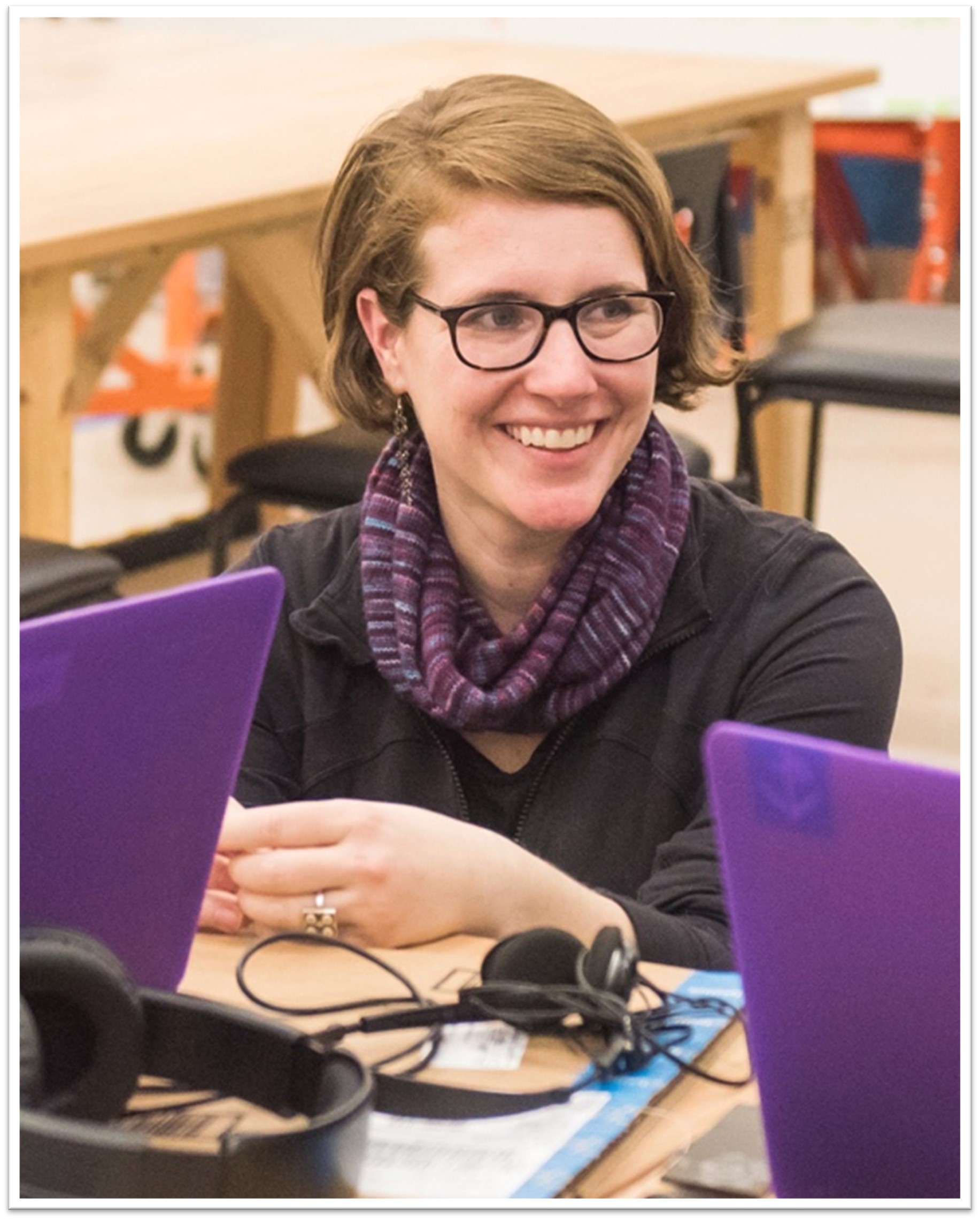Fordham Distinguished Lecture on Disability
The 2023-2024 Fordham Distinguished Lecture on Disability presents: Making "Making" Accessible
Speaker: Amy Hurst (she/her/hers)
Wednesday April 10th 2024
Link to Fordham News Story is here.
Recording is available at this link.
The Fordham Distinguished Lecture on Disability is organized by the Disability Studies Program and the Research Consortium on Disability. This event is cosponsored by the Office of Equity, Inclusion, and Opportunity, the Graduate School of Education, the Graduate School of Social Service, the Communication and Media Studies Department and the Computer and Information Science Department.

Bio: Dr. Amy Hurst (she/her/hers) is an Associate Professor with a joint appointment in the Department of Occupational Therapy in the Steinhardt School of Culture, Education and Human Development and the Department of Technology, Culture and Society in the Tandon School of Engineering. She is the director of the NYU Ability Project, an interdisciplinary research space dedicated to the intersection between disability and technology. Dr. Hurst received her M.S. and Ph.D. in Human-Computer Interaction from the Human-Computer Interaction Institute at Carnegie Mellon and a B.S. in Computer Science from the Georgia Institute of Technology.